It was the topic du jour on Episode 4 of Alt.Pop.Repeat featuring Bif Naked. With pop music ruling the charts, it’s hard to find the classic sharp tongued, frenetic musical genre that most famously defined the voice of anti-establishment and discord in the 70s and 80s.
What we landed on was the punk music is dead but the ethos is very well and alive. Truthfully, music was really only one part of the whole identity of punk. It’s more than just a sound, it’s a movement that defined whole way of being—a philosophy, an attitude, a sound and, most recognizably, a look.
Maybe the sonic foundations laid by bands in Britain, Detroit and New York have eroded over the years to a watered down punk pop explosion – with 90s grunge briefly resuscitating some life into the art form – but the style and philosophy are very much apart of our 21st century lives.
Kurt Cobain said “Punk rock should mean freedom”, whether it was autonomous creation or symbolic protest but it also symbolized direct action. Punk rock as a subculture that thrived in make shift venues, with their own music labels, chronicled by underground music zines – it was in direct opposition to the corporate music labels that held all the power and it was built by punk rockers for the people.
Now, ironically baby onesies with The Ramones logo on them are sold in major retailers and to a certain degree, proves that the style of punk has been bought, packaged and resold by corporate labels. I would say punk is dead except for one thing: The Internet.
Which is so fucking punk.
If you really look at punk as a movement it thrived in liberating us to define our own personal identity – in look and personal philosophy. It didn’t confront political powers head on, because it was about developing a healthy skepticism of the powers that be. Punk challenged the status quo, by thriving within society while subscribing to their own culture of indifference and self-awareness. Bringing this to life in clothes, music, art and words was all the power they needed to offend the staunch powers that be.
They didn’t need permission, they took it and they made sure that everyone saw.
Obviously, fast forward to the 21st century and Internet doesn’t need permission. Creators can have their creative freedom and autonomy. The DIY democratization that the Internet brings is more active than what the punk movements of the 70s, 80s, and 90s – it touches on protests and political dissent, defining new opportunities for self-made careers, sounds and style. A complete DIY culture thrives, outside of cookie cutter influencers and bloggers.
I mean, what do you think Chrissy and I are doing? Building our own website, producing our own show and creating something that isn’t found on traditional broadcast channels – probably because we talk about UFOs, paranormal and punk music and it’s relation to pop culture… But, at the end of the day, we’re producing it not for the powers that be, but for ourselves because we think it’s pretty cool.
Yep, punk means freedom alright, it just doesn’t revolve around music anymore.




Recent Comments